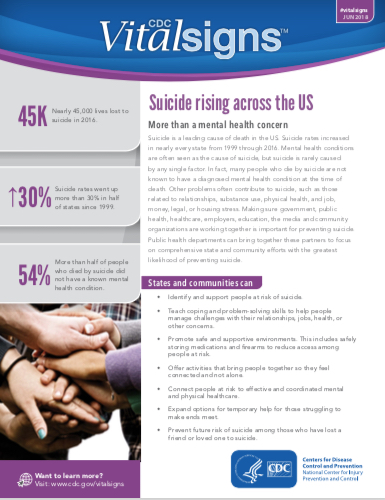
John W. Williams Jr., MD
Professor of Medicine and Psychiatry, Duke University
As a patient, would you want your physician making healthcare decisions on your behalf without any regard for your personal preferences, values, or needs? If you’re like most people, you’d prefer to be involved in choosing the care that’s right for you. After all, it’s your body, your mind, your financial resources, and your life.












Connect With Us